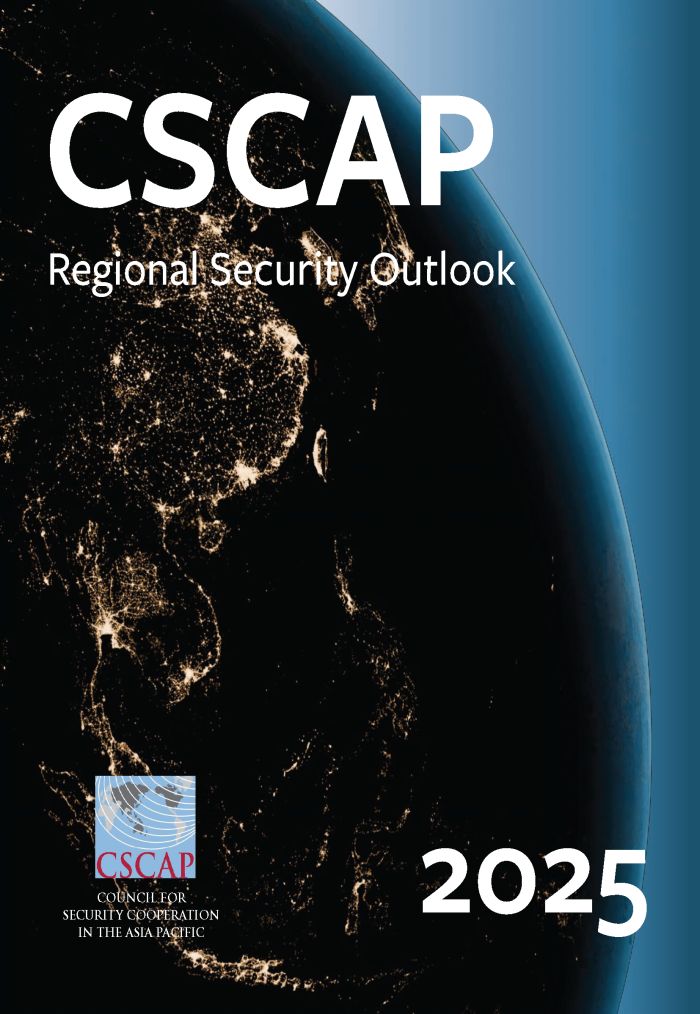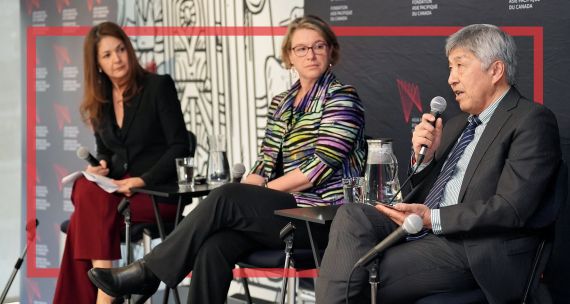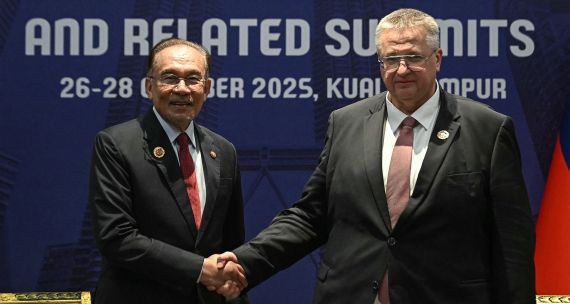The Asia Pacific Foundation of Canada is pleased to launch the Council for Security Cooperation in the Asia Pacific (CSCAP) annual publication, Regional Security Outlook 2025. As the secretariat for CSCAP, the premier Track 2 organization in the Indo-Pacific region, APF Canada has served as the editor of the publication since January 2025.
As Canada deepens its engagement with the region, security developments in Asia are increasingly impacting its interests. The Indo-Pacific is at a pivotal moment, with intensifying geopolitical rivalries, accelerating military modernization, and growing technological competition all underscoring the region’s strategic importance.
The 2025 edition of the CSCAP Regional Security Outlook examines a range of issues and recent developments shaping the region’s security environment and offers ideas to increase the ability of countries in the region to manage these issues.
- The first paper explores Malaysia’s priorities as ASEAN Chair in 2025. The author identifies several factors that could make Malaysia’s leadership especially consequential, depending on how it navigates competing pressures and emerging opportunities.
- The second paper analyzes the implications of the increasingly competitive global race for artificial intelligence (AI) on regional security. It examines the strategic choices facing countries in this rapidly evolving landscape and highlights the role regional actors can play in promoting transparent and inclusive AI governance—shaping a future that supports both innovation and security.
- The third paper delves into contested strategic narratives in the Indo-Pacific and presents a forward-looking perspective on how regional actors—particularly ASEAN—can manage strategic ambiguity through narrative stewardship. It argues that understanding the region’s security architecture requires close attention to the narratives that influence state behaviour.
- The fourth paper, written from a Chinese perspective, reviews the evolution of the regional security architecture and the challenges it faces amid growing complexity and uncertainty.
- The fifth paper explores the impact of the war in Ukraine on geopolitical dynamics in the Arctic. It considers how the conflict has shaped Asian strategies in the Arctic and assesses the prospects for future co-operation in the polar region.
-
The sixth and final paper examines the repercussions of the war in Gaza on Southeast Asia, analyzing regional responses and the implications for relations with the United States, particularly as Southeast Asian countries navigate a range of competing priorities.
Note: The CSCAP Regional Security Outlook (CRSO) brings expert analysis to bear on critical security issues facing the region. The views in the CRSO 2025 do not represent those of any Member committee or the editors; they represent the perspectives and are the responsibility of the individual authors. This report was edited by APF Canada per its engagement with the Council for Security Cooperation in the Asia Pacific (CSCAP) and is therefore only available in English, the official working language of CSCAP.




